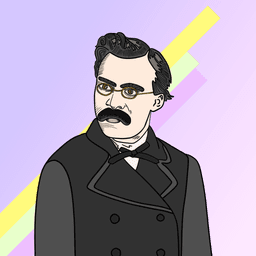Erst vs. Nur
What's the difference between the German words erst & nur? Why are they so confusing to so many beginners? In this blog post, you'll find out!

One of the more difficult distinctions learners struggle with are the subtle differences between the German adverbs "nur" & "erst".
"Nur" and "erst" have caused students all around the globe at least a headache or two. Let's see why.
Erst vs. Nur
Erst & Nur as "Only" or "No more than"
Peter is on his way to visit his brother, who lives in a different city. So he takes the car. His brother calls him and asks him how far he is.
Let's notice a few things here:
Peter is still on his way and he hasn't come as far as he had hoped to come by this point in time. He's in a traffic jam. In this example, "erst" roughly means "no more than": I have driven no more than 10 kilometres so far.
Now let's contrast this with the last time Peter visited his brother. Back then, he had flat tire. Their call at the time went like this:
Notice how Peter's drive is finished: Peter is at the workshop. The end result of his trip was that he was only able to drive 10 kilometres, before the tire popped.
So, generally: "Erst" is used, while you are still in the process. "Nur" is used, when looking back at the end result.
During an exam you might say:

But after the exam you would say:





